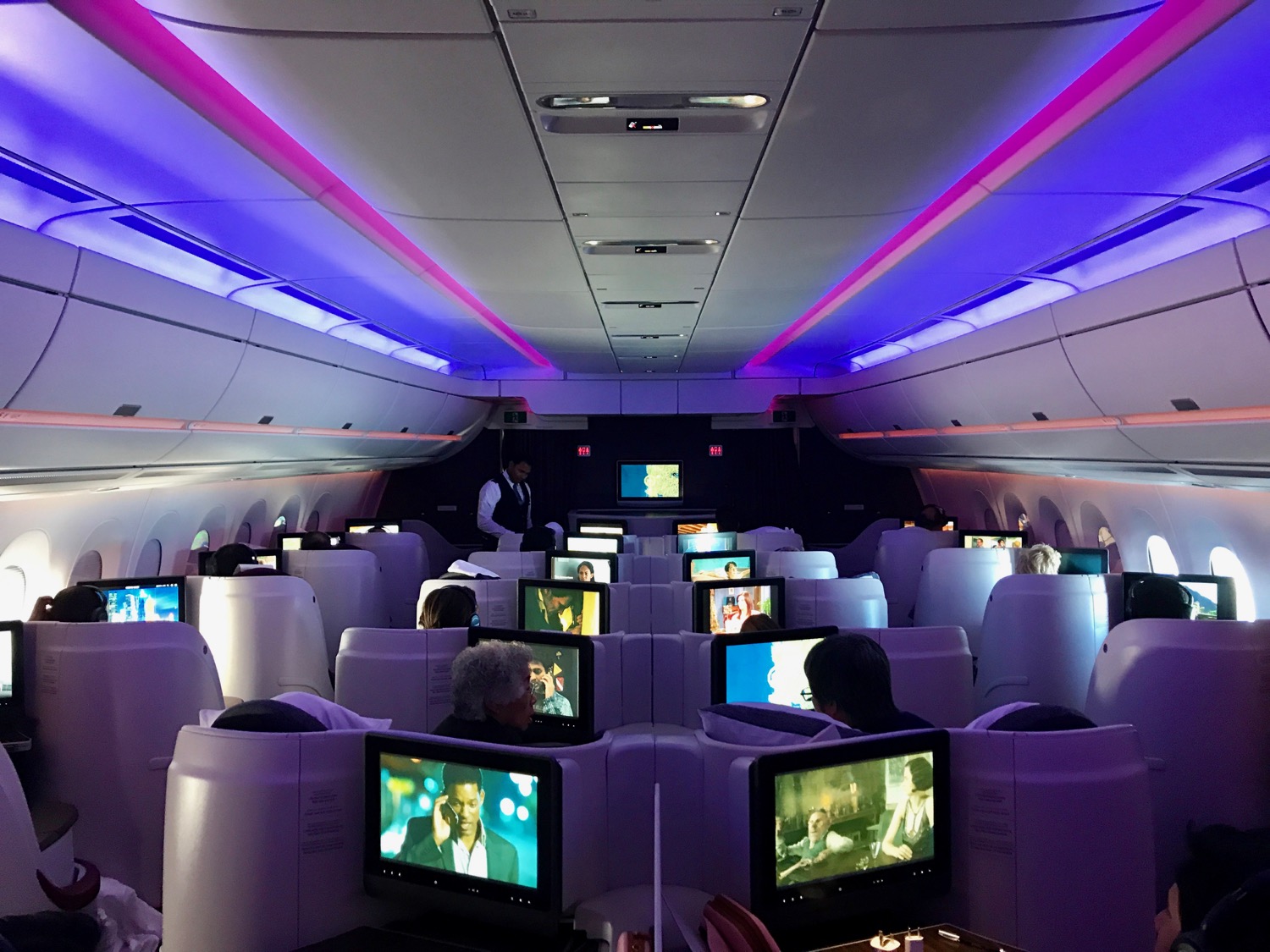As a child, my curious nature was evident—I was that kid who couldn’t resist taking apart anything that piqued my interest, whether it was the family radio or the toaster. My parents quickly learned that if something was within my reach, it might not work quite the same afterward. This innate curiosity blossomed into a passion for technology, ultimately guiding me toward a career in artificial intelligence. However, it was one pivotal day in college during a lecture with a renowned professor that solidified my direction. He demonstrated how AI could not only process vast amounts of data but also mimic human reasoning. That moment ignited a passion within me. It transcended mouse click the following webpage idea of merely building smarter applications; it was about developing systems capable of thinking and responding in ways akin to human intelligence.
Since then, my projects—whether developing chatbots or diving into hackathons—have all been inspired by that transformative moment. I continuously asked myself, “How can we cultivate these technologies to enrich our daily lives?” Often, the path led me back to the cultural contexts that would determine how this technology would be utilized. For example, while working on AI interfaces for a diverse community health organization, I quickly grasped the importance of customizing responses to reflect cultural nuances. This insight not only influenced my professional efforts but also deepened my approach to teamwork and collaboration. Discover more pertinent details about the topic in this recommended external site. multi-agent systems, obtain supplementary information and fresh viewpoints that will enrich your study and understanding of the subject.
Moments of Transformation
Every professional journey is marked by enlightening “lightbulb” moments, and one particularly memorable instance for me occurred during a collaborative project with a diverse team of engineers. During one brainstorming session, the true power of reasoning-enhanced AI became apparent. We were tasked with creating a program that could analyze mental health trends across different demographics, and at first, the sheer volume of data felt overwhelming.
This experience taught me that technology is just one piece of the puzzle; how we engage with it as humans truly matters. By embracing diverse viewpoints, we tackled our blind spots in the AI’s reasoning process, enhancing its effectiveness. This collaborative encounter became a cornerstone of my career, reinforcing my belief that impactful tech solutions emerge from collective thinking and shared insights.
The Role of Cultural Awareness
My experiences with various cultures have profoundly shaped my perspective on AI. After volunteering in underserved communities, I witnessed firsthand how technology could function as a bridge across divides. This realization spurred me into focusing on the ethical deployment of AI. I understood that reasoning-enhanced AI technologies must be crafted with cultural sensitivity at the forefront.
This conviction fueled my advocacy for inclusive programming practices, emphasizing mouse click the following webpage need to involve local communities during the development stages of AI applications. By posing questions like “How do you envision this technology working for you?” or “What hurdles do you face that AI could help alleviate?” I created avenues for valuable feedback that ultimately made our projects more impactful and relevant. Encouraging open dialogues not only improved our outputs but also fostered trust between developers and users.
Navigating Challenges with Optimism
The realm of AI is rife with challenges, especially in light of the rapidly advancing nature of reasoning technologies. As I encountered hurdles—from algorithm inefficiencies to ethical quandaries—one truth stood out: nurturing a positive outlook was essential. It became a guiding principle in my approach to problem-solving and innovation.
Rather than perceiving obstacles as setbacks, I began to view them as chances for growth and learning. When a project fell short of expectations, I organized reflective meetings, allowing our team to candidly discuss what went awry, free from judgment. This not only boosted our morale but also sparked creative solutions that may have otherwise slipped through the cracks. Optimism has since become a vital aspect of my mindset, one I carry into every new endeavor.
Looking Ahead with Confidence
As I forge ahead in the realm of reasoning-enhanced AI technologies, an exhilarating sense of anticipation fills me. We stand on the brink of breakthroughs that could transform human-machine interaction in unprecedented ways. I envision a future where AI not only assists us but absorbs our values and cultural experiences, playing a pivotal role in addressing our most pressing global challenges. Complete your reading experience by accessing this recommended external resource. Inside, you’ll discover useful and supplementary data to expand your understanding of the topic. multi-agent systems, give it a look!
Whether in healthcare, education, or environmental sustainability, the potential for meaningful impact is vast. By nurturing a workplace culture that prioritizes diversity, creativity, and optimism, we can steer the evolution of AI in a direction that uplifts humanity, rather than complicating it. My journey is just one among many, and together, we have the opportunity to craft a narrative that genuinely embraces the future.



